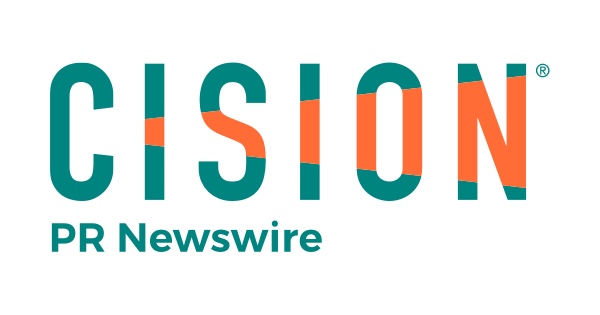BERKELEY, Calif., Oct. 1, 2019 /PRNewswire/ — Today, the U.S. Patent and Trademark Office (USPTO) granted a new CRISPR-Cas9 patent to the University of California (UC), University of Vienna, and Dr. Emmanuelle Charpentier covering new methods of the gene-editing technology in prokaryotic cells. The new patent (U.S. Patent No. 10,428,352) covers methods of targeting and binding or methods of cleaving a target DNA in a prokaryotic cell using Cas9 protein and single molecule DNA targeting RNAs. This patent also specifically covers these methods in bacterial cells.
This is the fifth consecutive week that the USPTO has awarded a CRISPR-Cas9 patent to UC, which has immensely increased the compositions and methods covered in the portfolio. The university’s total portfolio to-date includes 16 patents, marking the largest CRISPR-Cas9 patent portfolio in the country, and will rise to 18 in the coming weeks, once other applications that the USPTO has allowed are issued as patents. The extensive portfolio covers compositions and methods for the CRISPR-Cas9 gene-editing technology, including targeting and editing genes and modulating transcription in any setting, such as within plant, animal, and human cells.
“The continuous issuance of CRISPR-Cas9 patents to UC adds significant new compositions and methods to our burgeoning portfolio that has quickly become the widest-ranging for the technology,” said Eldora L. Ellison, Ph.D., lead patent strategist on CRISPR-Cas9 matters for UC and a Director at Sterne, Kessler, Goldstein & Fox. “We are pleased by the USPTO’s ongoing recognition of the Doudna-Charpentier team’s leadership related to CRISPR-Cas9.”
The Doudna-Charpentier team that invented the CRISPR-Cas9 DNA-targeting technology included Jennifer Doudna and Martin Jinek at the University of California, Berkeley; Emmanuelle Charpentier (then of Umea University); and Krzysztof Chylinski at the University of Vienna. The methods covered by today’s patent, as well as the other compositions and methods claimed in UC’s previously issued patents and those set to issue, were included among the CRISPR-Cas9 gene editing technology work disclosed first by the Doudna-Charpentier team in its May 25, 2012 priority patent application.
Additional CRISPR-Cas9 patents in this team’s portfolio include 10,000,772; 10,113,167; 10,227,611; 10,266,850; 10,301,651; 10,308,961; 10,337,029; 10,351,878; 10,358,658; 10,358,659; 10,385,360; 10,400,253; 10,407,697; 10,415,061; and 10,421,980. These patents are not a part of the PTAB’s recently declared interference between 14 UC patent applications and multiple previously issued Broad Institute patents and one application, which jeopardizes essentially all of the Broad’s CRISPR patents involving eukaryotic cells.
International patent offices have also recognized the pioneering innovations of the Doudna-Charpentier team, in addition to the 16 patents granted in the U.S. so far. The European Patent Office (representing more than 30 countries), as well as patent offices in the United Kingdom, China, Japan, Australia, New Zealand, Mexico, and other countries, have issued patents for the use of CRISPR-Cas9 gene editing in all types of cells.
University of California has a long-standing commitment to develop and apply its patented technologies, including CRISPR-Cas9, for the betterment of humankind. Consistent with its open-licensing policies, UC allows nonprofit institutions, including academic institutions, to use the technology for non-commercial educational and research purposes.
In the case of CRISPR-Cas9, UC has also encouraged widespread commercialization of the technology through its exclusive license with Caribou Biosciences, Inc. of Berkeley, California. Caribou has sublicensed this patent family to numerous companies worldwide, including Intellia Therapeutics, Inc. for certain human therapeutic applications. Additionally, Dr. Charpentier has licensed the technology to CRISPR Therapeutics AG and ERS Genomics Limited.
SOURCE University of California Office of the President


